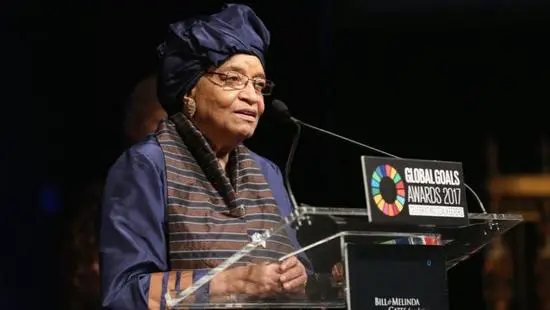In the battle against air pollution in China's cities, one Beijing social enterprise is bringing affordable clean air to the masses by teaching people how to make their own air purifiers.
At a Smart Air workshop in Beijing, 25 people from all walks of life pry off the grates of ordinary fans and strap filters to them with Velcro straps. They are assembling Do-It-Yourself air purifiers from a simple kit provided by the social enterprise for just 230 yuan ($37) each, compared with thousands of yuan for a brand-name purifier.
Since August 2013, Smart Air has been holding such workshops in over 10 Chinese cities, including Beijing, Shanghai, Hong Kong and Nanjing. What began as one man's quest to beat air pollution has become a movement to help people breathe easier with a few simple tools and empirical research.
During Beijing's "airpocalypse" of January 2013, when pollution levels were a record 30 to 45 times above recommended safety levels, American Fulbright scholar Thomas Talhelm prepared to hand over 8,000 yuan ($1,294) for an IQ Air purifier. Shocked by the hefty price, he decided to do some research and discovered he could build his own for a fraction of the price.
"I found out they're actually very simple. To remove particulates [the kind of pollution faced by Chinese city dwellers], you basically just use a fan to push air through a HEPA filter. So why not just put a HEPA filter on a fan?" said Talhelm. As defined by the Institute of Environmental Sciences and Technology in the US, a HEPA filter must capture a minimum of 99.97 percent of contaminants at 0.3 microns in size.
So he bought a fan and a HEPA filter online and strapped them together. It cost him just 166 yuan.
To test the effectiveness of his home-made purifier, he got a particle counter and did experiments to measure how much pollution it removed from his bedroom. He posted the results, as well as instructions to make a DIY purifier, on a blog, particlecounting.tumblr.com.
As his blog started getting more hits, Talhelm added experiments comparing his DIY to expensive purifiers on the market. The DIY performed very well, with his larger ‘Canon' model out-performing even the 8000-yuan IQ Air. His impartial, scientific way of presenting data earned him fans.
"When I was writing up my findings to put them on a blog, some friends told me not to do it. They said, 'Don't give it away! Use it to make money.' I thought about that, but if I just use this to charge people high prices, aren't I just doing the same thing as the big companies? I thought: if I don't make a dime, and the only thing I accomplish is convincing people to avoid giving all their money to these big companies, I'll be happy," said Talhelm, who is completing his Psychology PhD in the United States.
Talhelm founded Smart Air in September 2013 to sell DIY kits at 200 RMB for the original model and 450 RMB for the larger 'Canon', so that his readers could build purifiers with trusted source materials. The social enterprise has sold nearly 8,000 kits so far and continues to educate people through workshops, a Taobao store and its website, www.smartairfilters.com.
Orders for the kits come from all over China, and the Smart Air team continues to conduct experiments and collect data to answer customers' questions, such as how often HEPA filters need to be changed or how noise levels of the DIYs compare with the high-end brands.
With sales of air purifiers reaching 3.5 billion yuan in China in 2013, according to Daxue Consulting and reported by The Guardian, Smart Air provides Chinese city dwellers with an alternative to costly machines without compromising results. More than 40% of 2013 air purifier sales were made in November and December, when pollution levels skyrocketed, so Smart Air expects demand to surge in the coming months. Talhelm is also in talks with engineers to build a purifier that doesn't require assembly.
"My biggest goal is to provide simple, affordable purifiers for people in China and other countries with air pollution problems," says Talhelm. His social enterprise continues with this mission.
 简体中文
简体中文

